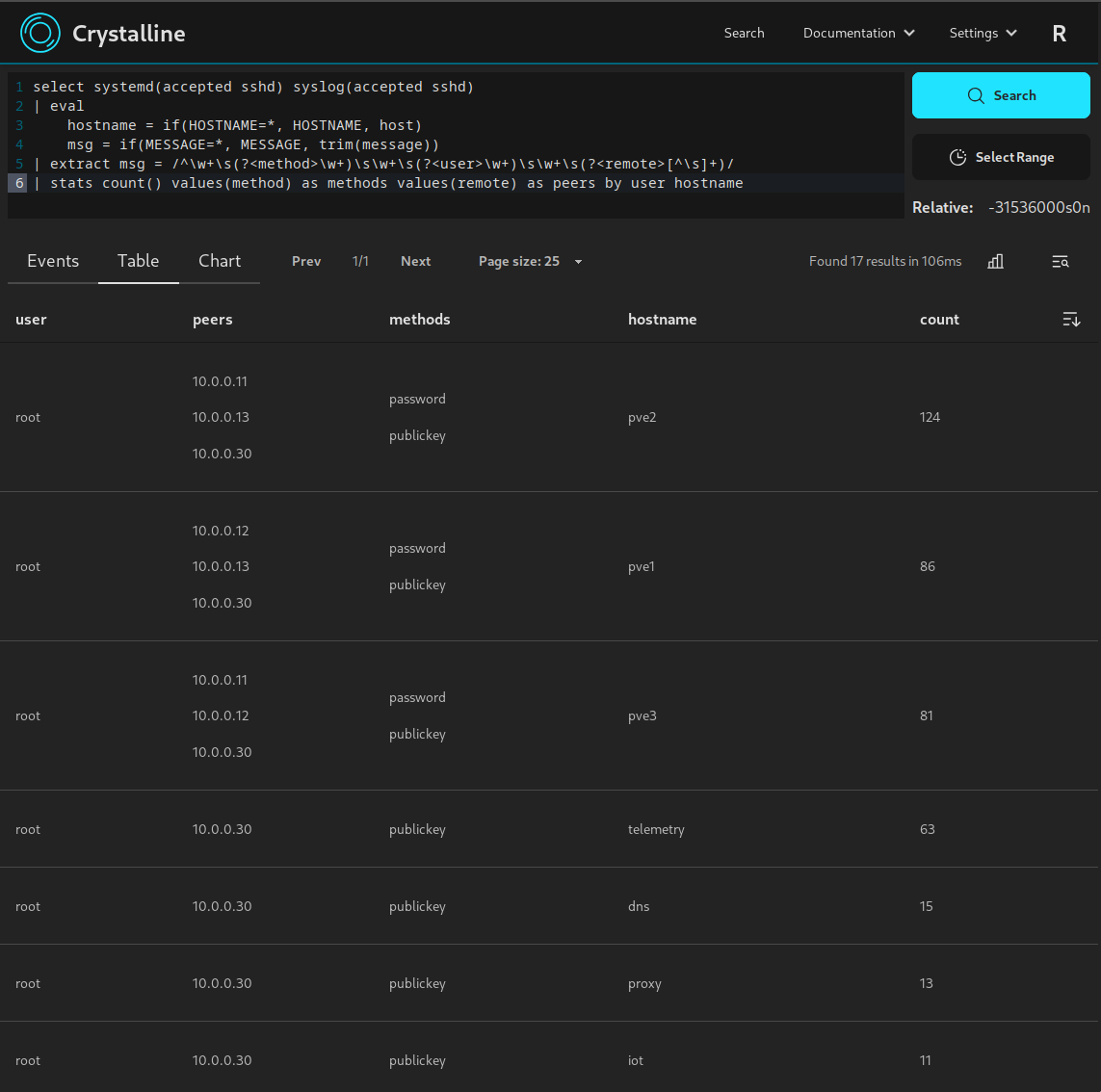view the rest of the comments
Selfhosted
A place to share alternatives to popular online services that can be self-hosted without giving up privacy or locking you into a service you don't control.
Rules:
-
Be civil: we're here to support and learn from one another. Insults won't be tolerated. Flame wars are frowned upon.
-
No spam posting.
-
Posts have to be centered around self-hosting. There are other communities for discussing hardware or home computing. If it's not obvious why your post topic revolves around selfhosting, please include details to make it clear.
-
Don't duplicate the full text of your blog or github here. Just post the link for folks to click.
-
Submission headline should match the article title (don’t cherry-pick information from the title to fit your agenda).
-
No trolling.
Resources:
- selfh.st Newsletter and index of selfhosted software and apps
- awesome-selfhosted software
- awesome-sysadmin resources
- Self-Hosted Podcast from Jupiter Broadcasting
Any issues on the community? Report it using the report flag.
Questions? DM the mods!



I don't really understand the point of this. What kind of logs are you storing and why would you want to?
Threat detection
Why do logs help with threat detection?
Applications like metrics because they're good for doing statistics so you can figure out things like "is this endpoint slow" or "how much traffic is there"
Security teams like logs because they answer questions like "who logged in to this host between these times?" Or "when did we receive a weird looking http request", basically any time you want to find specific details about a single event logs are typically better; and threat hunting does a lot of analysis on specific one time events.
Logs are also helpful when troubleshooting, metrics can tell you there's a problem but in my experience you'll often need logs to actually find out what the problem is so you can fix it.
Yeah that makes sense now. Thanks for the explanation.